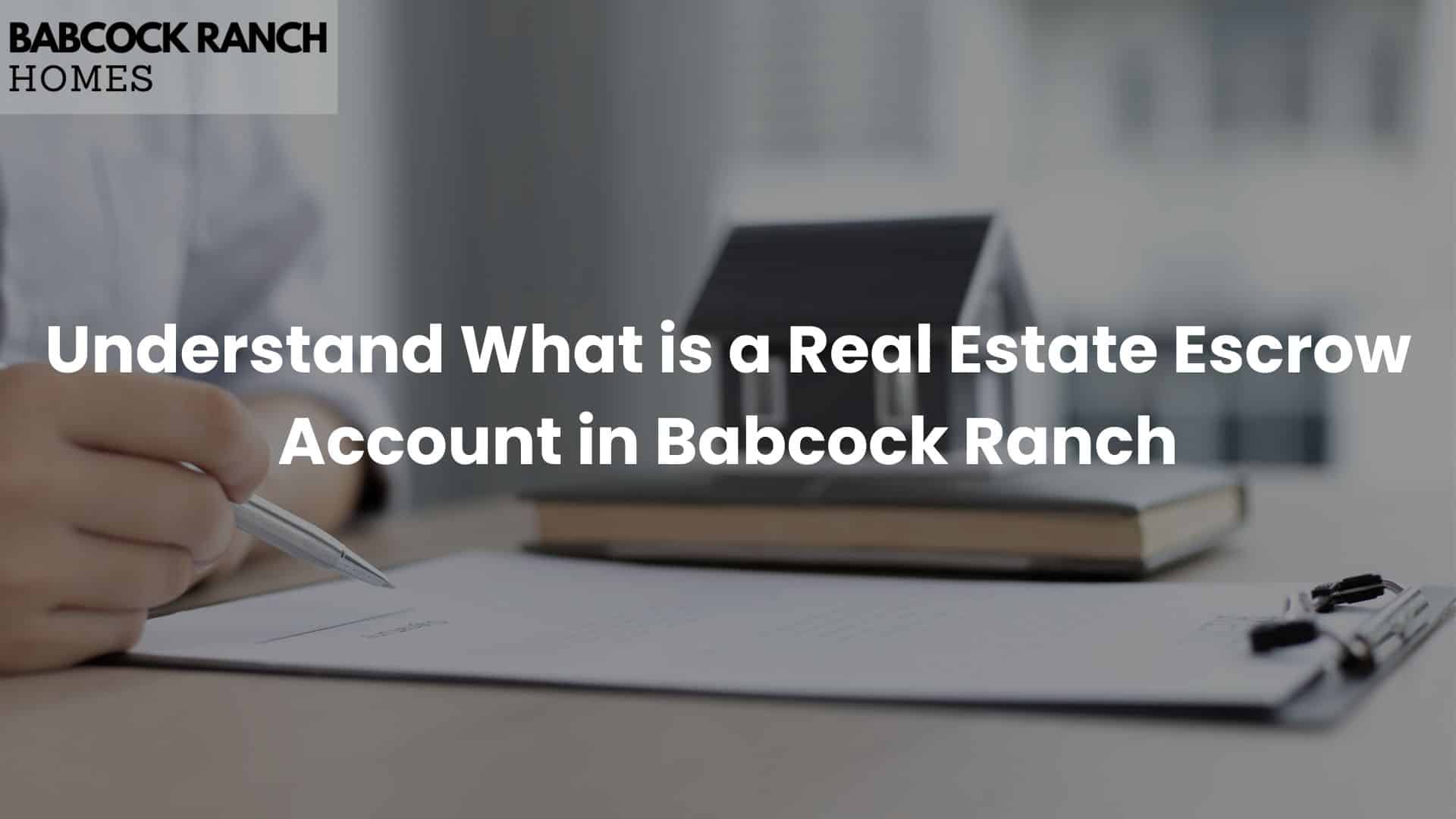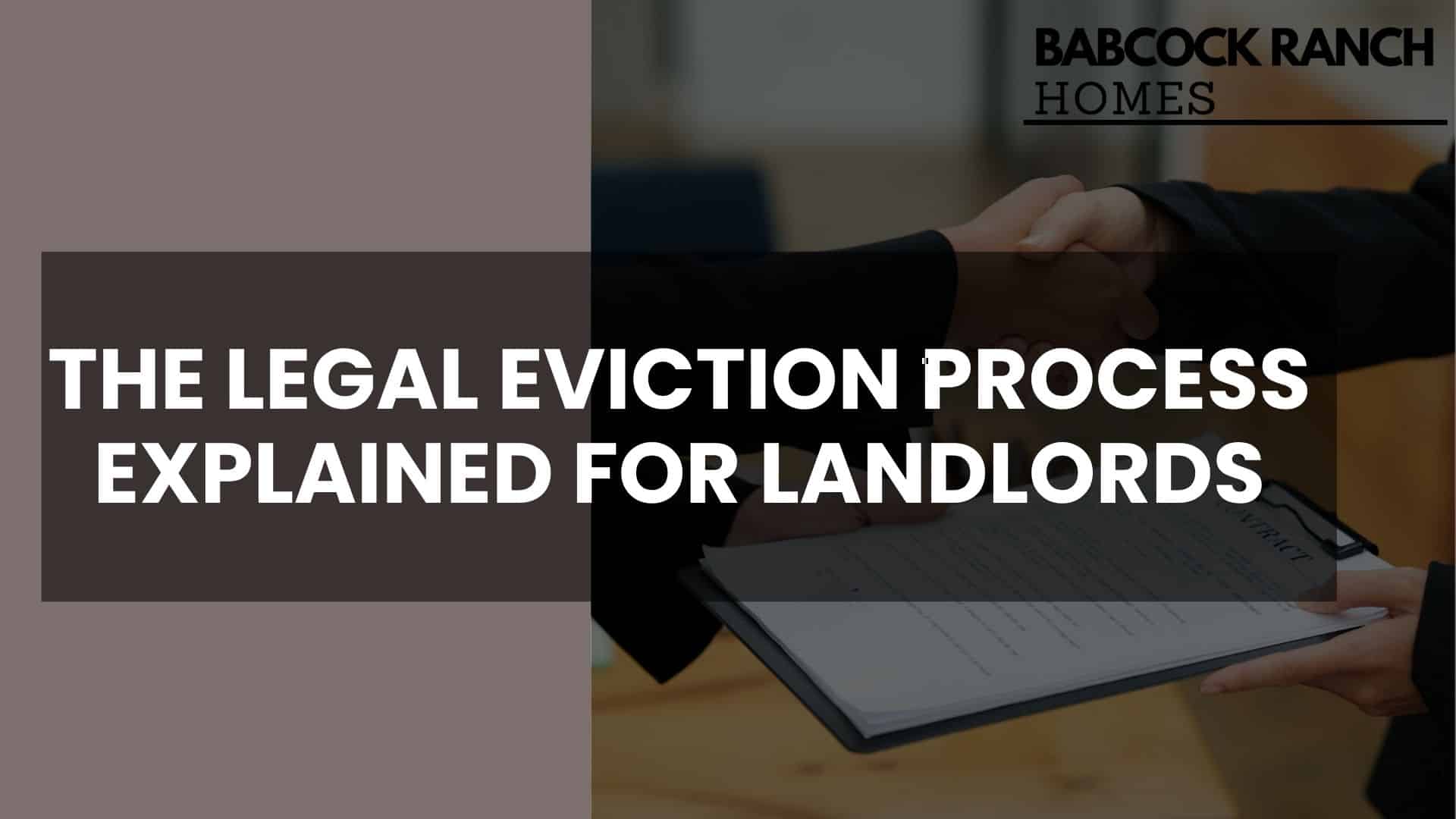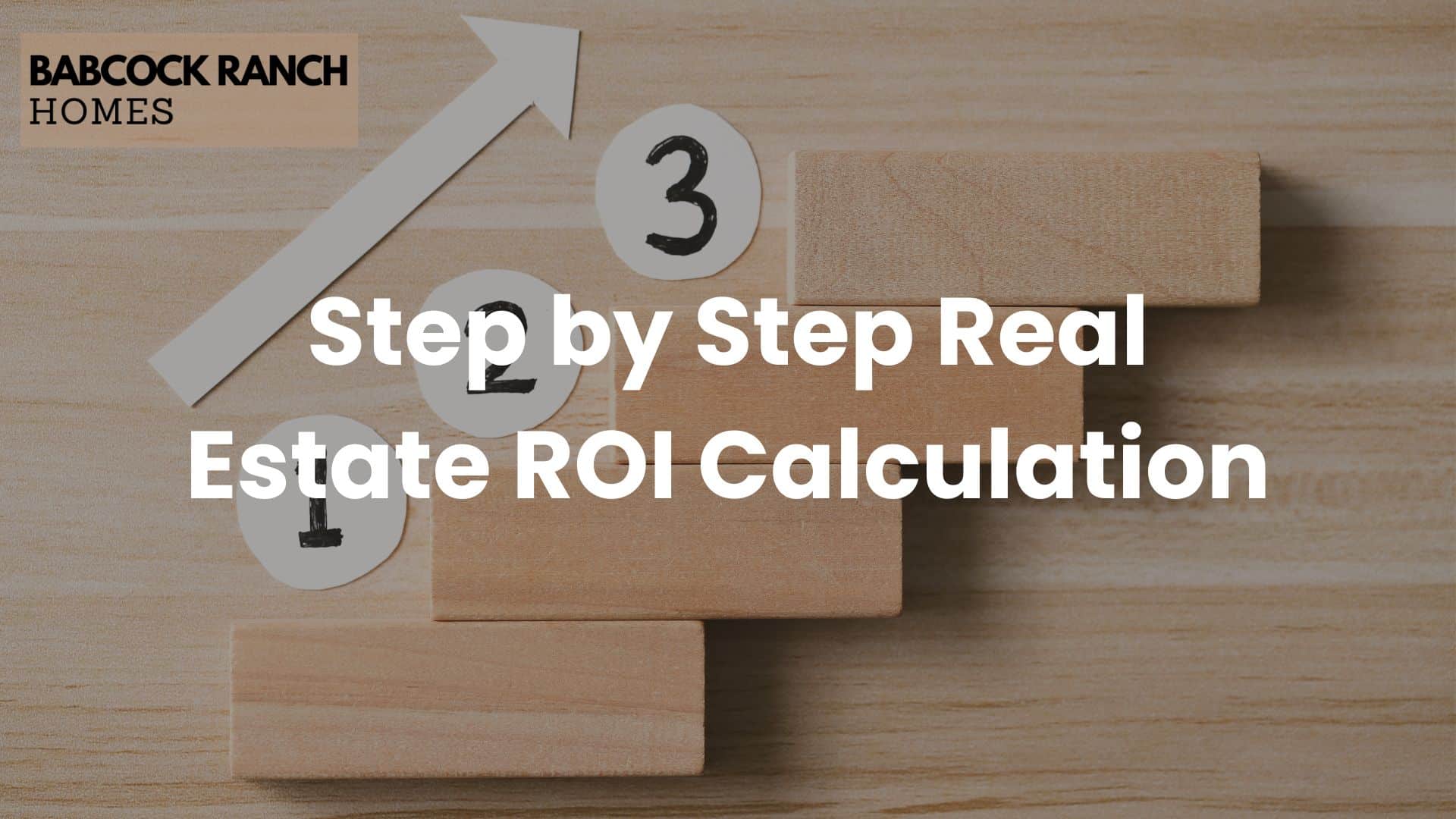Inheriting a property can be complex, especially when it comes with a reverse mortgage. Many heirs find themselves navigating a maze of financial and legal responsibilities, unsure of the next steps. This article serves as a home buyers guide, providing crucial information to those who inherit such homes. It outlines immediate actions to take, options available to heirs, and the legalities involved, including the role of an executor. Readers will learn how to manage potential debt and understand the importance of adhering to strict timelines. By the end of this piece, you’ll have a clear strategy for handling the inheritance process and making informed decisions about the property‘s future.
Key Takeaways
- Heirs must act quickly to notify lenders and understand reverse mortgage terms upon inheriting a property
- Consulting legal and financial advisors is crucial for navigating inheritance complexities and protecting estate value
- Emotional ties to an inherited home should be balanced with practical financial considerations and responsibilities
- Understanding non-recourse loan provisions can protect heirs from personal liability beyond the property‘s value
- Planning for taxes and expenses is essential to manage the financial impact of inheriting a reverse mortgaged property
Understanding Reverse Mortgages and Their Impact on Inheritance

When seniors secure a reverse mortgage, they convert part of their home equity into income without the obligation to move out. This financial contract, often seen as an insurance policy against financial uncertainty, can affect the deed of the property and the inheritance process. Understanding the nuances of reverse mortgages is crucial for heirs who may inherit a home subject to such an agreement. This section will elucidate the definition and purpose of reverse mortgages, their impact on home equity, and why many seniors find this option appealing. For more information, refer to our home buyers guide.
Definition and Purpose of a Reverse Mortgage
A reverse mortgage allows homeowners, typically seniors, to access the equity in their property by converting it into a stream of income, thereby enhancing their financial flexibility in retirement. When an individual inherits a house with such an arrangement, they face unique challenges and responsibilities. Navigating the red tape surrounding these financial products often necessitates seeking legal advice to understand the implications for the estate. It’s essential for heirs to consult with a real estate agent experienced in such matters to grasp fully what happens if you inherit a house with a reverse mortgage, as opposed to a traditional home equity line of credit, and to explore the available options for managing or settling the associated debt.
How Reverse Mortgages Affect Home Equity
When a homeowner opts for a reverse mortgage, they are essentially borrowing against the equity in their home, which can alter the traditional trajectory of ownership and inheritance. As the homeowner receives payments, the equity decreases, and the cost of the loan accrues over time, impacting the value of the estate that will eventually pass to heirs. It’s important to note that the title remains with the homeowner, ensuring they retain ownership until they decide to sell the home, move out, or pass away. Heirs must then address the reverse mortgage balance, which can influence their credit score and financial planning, should they choose to retain the property.
Common Reasons Seniors Opt for Reverse Mortgages
Seniors often choose reverse mortgages as a strategic component of their estate planning, allowing them to enhance their retirement income through the receipt of cash against their home equity. This financial decision can provide a cushion against unforeseen expenses or a decline in other retirement income sources. Upon the homeowner’s death, the estate must provide a death certificate to the lender and decide whether to repay the loan or sell the property. This process underscores the importance of understanding reverse mortgages within the broader context of estate planning, ensuring heirs are prepared to manage their responsibilities effectively.
Grasping the nuances of reverse mortgages is one thing; facing the reality of one attached to an inherited home is another. Let’s walk through the immediate actions required to navigate this unique situation.
Immediate Steps to Take When Inheriting a Reverse Mortgaged Home

Upon inheriting a home with a reverse mortgage, immediate action is required. Heirs must promptly notify the reverse mortgage lender, a critical first step to prevent potential legal complications. Reviewing the loan agreement and mortgage documents is essential to understand the terms, including the interest rate and any Federal Housing Administration (FHA) insurance. Assessing the outstanding loan balance against the home’s value is also crucial, as it influences estate settlement and potential inheritance tax implications. These initial measures lay the groundwork for informed decision-making regarding the inherited property.
Notifying the Reverse Mortgage Lender
When inheriting a property subject to a reverse mortgage loan, it is imperative to promptly inform the lender to gain their consent and understand the next steps. This notification is not merely a formality but a legal requirement that can significantly affect the financial responsibilities associated with the estate. Particularly with a HECM reverse mortgage, the lender must be made aware of the homeowner’s passing to avoid accruing additional expenses and to ensure compliance with the terms of the loan agreement.
Following the notification, the heirs should prepare for the subsequent actions:
- Review the reverse mortgage agreement to comprehend the terms and conditions.
- Assess the home’s current market value against the outstanding loan balance.
- Consult with a real estate attorney to navigate the legal aspects of the reverse mortgage.
Reviewing the Loan Agreement and Mortgage Documents
Thorough examination of the loan agreement and mortgage documents is a pivotal step for heirs inheriting a home with a reverse mortgage. This scrutiny helps to clarify the terms of the mortgage, including interest rates and potential capital gains tax implications, which are vital for managing the inherited wealth effectively. Consulting a lawyer with expertise in estate planning can provide invaluable guidance on how to navigate these complex financial and legal documents, ensuring the heirs understand their obligations and the impact on the estate‘s value.
After reviewing the documents, heirs should proceed with the following steps:
- Ascertain the deadline by which the reverse mortgage must be settled or refinanced.
- Calculate the remaining equity in the home after accounting for the accrued interest and any associated fees.
- Decide on a course of action, such as selling the property or paying off the mortgage, to avoid unintended financial burdens.
Assessing the Outstanding Loan Balance and Home Value
Assessing the outstanding loan balance and the current market value of the home is a critical step for heirs in the United States facing a reverse mortgage scenario. This evaluation is essential to determine if the property is in default and to understand the potential tax implications during probate. It also provides a clear picture of the remaining home equity, which is pivotal for making informed decisions about the estate. Heirs should seek a professional appraisal to establish an accurate value of the property, which will serve as a benchmark for any decisions regarding the settlement of the reverse mortgage.
After determining the home’s value and the loan balance, heirs should:
- Consult with a tax advisor to discuss any implications for inheritance tax and the potential for deductions.
- Engage with a probate attorney to navigate the legal process and ensure all steps are taken in accordance with state laws.
- Consider the options available, such as selling the home or refinancing the loan, to resolve the reverse mortgage without compromising the estate‘s value.
You’ve taken the first steps after inheriting a home with a reverse mortgage. Now, let’s examine the paths that lie ahead for you as an heir.
Exploring Your Options as an Heir

As a trustee or heir, navigating the complexities of a reverse mortgage on an inherited property requires understanding the various paths available. These include paying off the reverse mortgage to retain the home, selling the property to settle the debt, refinancing, or even allowing the lender to foreclose. Each option carries implications for market value, potential capital gain, and alignment with the decedent’s will and testament. This section provides a concise overview of these alternatives, helping trustees and heirs make informed decisions that honor the trust‘s intentions while managing financial responsibilities.
Paying Off the Reverse Mortgage to Keep the Home
When an heir inherits a property encumbered by a reverse mortgage, they may opt to pay off the debt to retain ownership. This decision often involves evaluating whether a home equity loan, insurance, or other financial resources can be leveraged to settle the balance without resorting to a deed in lieu of foreclosure. It’s imperative for the heir to consider the impact on their credit and the feasibility of establishing an escrow account for ongoing expenses associated with the property.
| Option | Consideration | Impact |
|---|---|---|
| Home Equity Loan | Availability of equity | May provide funds to pay off reverse mortgage |
| Insurance | Life insurance policy | Potential source of funds |
| Escrow Account | Property taxes and insurance | Ensures ongoing expenses are managed |
| Credit | Creditworthiness | Ability to refinance or secure loans |
| Deed in Lieu of Foreclosure | Avoiding foreclosure | May preserve credit but relinquish property |
Selling the Property to Satisfy the Debt
When an heir inherits a property with a reverse mortgage, selling the home to satisfy the debt is a common resolution. This approach allows the heir to clear the loan balance with the lender, potentially avoiding the need for refinancing and the complexities it entails. A skilled real estate agent can assist in navigating the sale, ensuring the policy terms are met and the estate is settled efficiently. This option is particularly advantageous if the property‘s market value exceeds the debt owed, as it may result in surplus funds for the heir.
Executing a property sale involves several key steps:
- Engage a knowledgeable real estate agent to evaluate the property and market conditions.
- Communicate with the lender to understand any preconditions for sale under the reverse mortgage policy.
- Market the property effectively to secure the best possible sale price.
- Complete the sale and use the proceeds to repay the reverse mortgage, with any remaining funds distributed according to the estate plan.
Refinancing or Obtaining a New Mortgage
Refinancing or obtaining a new mortgage loan can be a viable strategy for an heir who wishes to retain the inherited property and manage the reverse mortgage lender‘s liability. This approach may require the heir to qualify for a new loan, which involves credit checks and assessments of their financial stability. If the heir has the legal authority, such as a power of attorney, and the financial means, refinancing can consolidate the debt and potentially secure more favorable repayment terms. It’s essential for heirs to consider the long-term financial implications of taking on a new mortgage loan and to seek advice from financial advisors to ensure this option aligns with their inheritance goals.
| Strategy | Requirement | Benefit |
|---|---|---|
| Refinancing | Creditworthiness and financial stability | More favorable repayment terms |
| New Mortgage Loan | Qualification and approval process | Consolidation of debt |
| Legal Authority | Power of attorney or similar | Ability to manage financial decisions |
Allowing the Lender to Foreclose
When an heir considers allowing the lender to foreclose on a property with a reverse mortgage, it’s essential to understand the potential consequences. The Consumer Financial Protection Bureau advises that foreclosure can lead to a lawsuit if the property‘s sale does not cover the reverse mortgage balance, potentially affecting the heir’s finances. However, in some cases, if the heir has no interest in retaining the property and the financial burden of the reverse mortgage outweighs the property‘s value, foreclosure might be a practical option to avoid further monetary obligations.
Inheriting property is a journey with unexpected turns. Now, let’s navigate the path of legal and financial duties that come with a reverse mortgage inheritance.
Legal and Financial Responsibilities of Inheriting a Reverse Mortgage

Inheriting a home with a reverse mortgage introduces a complex blend of legal and financial responsibilities. Heirs must grasp the nuances of non-recourse loan provisions, which shield them from personal liability beyond the home’s value. They also face the task of addressing any discrepancies between the loan balance and the property‘s market value, which can lead to a lien or foreclosure. Furthermore, the impact on one’s credit scores and overall financial standing is a critical consideration. This section will explore these challenges, offering insights into managing a reverse mortgage home as an inherited asset.
Understanding Non-Recourse Loan Provisions
Grasping the concept of non-recourse loan provisions is essential for heirs dealing with a reverse mortgage. These provisions ensure that the heir is not personally liable for any deficit if the sale of the property does not cover the mortgage balance. It is advisable for heirs to consult with an accountant to understand the financial implications, including any fees associated with the mortgage insurance. If the deceased had a life insurance policy, the lump sum received could be used to address the reverse mortgage, potentially allowing the heir to retain the property without additional financial burden.
| Aspect | Detail | Impact on Heir |
|---|---|---|
| Non-Recourse Loan | Protection from personal liability | No financial obligation beyond property value |
| Accountant Consultation | Understanding of financial implications | Informed decision-making regarding estate |
| Mortgage Insurance Fee | Cost associated with reverse mortgage | Potential reduction in inheritance value |
| Life Insurance Lump Sum | Proceeds from deceased’s policy | Option to settle mortgage without personal funds |
Handling Potential Deficiencies Between Loan Balance and Home Value
When the balance of a reverse mortgage exceeds the market value of the inherited home, heirs face the challenge of addressing the financial shortfall. In such cases, the mortgage lender typically cannot pursue the heir for the difference due to non-recourse loan terms. However, the heir must still engage with the lender to resolve the debt, which may involve arranging a payment plan or negotiating a settlement. This situation underscores the importance of a thorough financial assessment and a clear understanding of one’s options to manage the inherited property effectively.
Impact on Credit Scores and Financial Standing
Inheriting a home with a reverse mortgage does not directly affect an heir’s credit score, as the obligation to repay the debt does not transfer. However, if the heir decides to retain the property and take on the responsibility of repaying or refinancing the reverse mortgage, their financial standing and creditworthiness become pivotal. Timely and strategic handling of the mortgage repayment or property sale can safeguard the heir’s credit profile and ensure their financial stability remains intact during the transition of ownership.
Understanding the obligations that come with a reverse mortgage inheritance is just the beginning. Now, let’s focus on the critical timelines and deadlines that demand prompt action.
Timeline and Deadlines for Decision-Making

Heirs must be vigilant about the key timeframes defined by reverse mortgage agreements when inheriting a property. Understanding these deadlines, the process for requesting extensions, and the potential to negotiate terms with lenders is critical. Failure to adhere to these timelines can lead to significant consequences, including the risk of foreclosure. This section will outline the essential deadlines and provide guidance on how to navigate these time-sensitive issues effectively.
Key Timeframes Defined by Reverse Mortgage Agreements
Reverse mortgage agreements stipulate specific timeframes within which heirs must act to address the inherited debt. Typically, lenders require notification of the borrower’s death within a certain period, often 30 days, followed by a resolution of the loan balance within six months. This period may be extended under certain circumstances, but it is imperative for heirs to initiate communication with the lender to avoid foreclosure. The clarity and adherence to these deadlines are crucial for heirs to maintain control over the decision-making process and protect the estate‘s assets.
Requesting Extensions or Negotiating Terms With Lenders
Heirs who find themselves navigating the complexities of a reverse mortgage on an inherited property may seek extensions or negotiate new terms with the lender. It is critical to engage in discussions with the lender as early as possible to explore options such as restructuring the loan or extending the repayment period. This proactive approach can provide the necessary time to make informed decisions, whether that involves selling the property, refinancing, or using other assets to settle the debt. The lender‘s willingness to negotiate hinges on clear communication and a mutual understanding of the property‘s value and the heir’s financial situation.
Consequences of Missing Deadlines
Missing the deadlines outlined in a reverse mortgage agreement can have serious repercussions for heirs. If the stipulated timeframes are not met, the lender may initiate foreclosure proceedings, which can result in the loss of the property and potential negative impacts on the estate‘s value. It is imperative for heirs to act swiftly and decisively to avoid these outcomes, ensuring the estate‘s assets are preserved and the decedent’s wishes are honored.
| Action Required | Deadline | Potential Consequence |
|---|---|---|
| Notification of Borrower’s Death | Typically within 30 days | Lender may proceed with foreclosure |
| Resolution of Loan Balance | Usually within six months | Loss of property and estate value |
| Request for Extension | Varies by lender | Foreclosure may be delayed or avoided |
The clock ticks on decisions; deadlines wait for no one. Now, let’s equip you with strategies to manage your inheritance with precision and care.
Tips for Managing the Inheritance Process Effectively

When inheriting a property with a reverse mortgage, individuals must navigate a complex set of decisions. Consulting with legal and financial advisors provides clarity on the legalities and fiscal implications of the inheritance. Open communication with family members and co-heirs is essential to align interests and manage expectations. Evaluating emotional ties against financial practicality can guide whether to retain or sell the property. Additionally, planning for taxes and other expenses is crucial to avoid unforeseen financial burdens. These steps are vital for managing the inheritance process effectively.
Consulting With Legal and Financial Advisors
Seeking guidance from legal and financial advisors is a critical step for heirs navigating the complexities of inheriting a house with a reverse mortgage. These professionals can offer tailored advice on the legal ramifications and financial strategies pertinent to the estate, ensuring heirs make informed decisions. For instance, a financial advisor might provide insights on how to manage the reverse mortgage debt in a way that preserves the estate‘s value, while a legal expert can clarify the implications of various options on the heir’s rights and responsibilities.
- Engage a real estate attorney to interpret the reverse mortgage terms and advise on legal procedures.
- Consult a financial advisor to evaluate the impact of the reverse mortgage on the estate‘s value and potential tax liabilities.
- Consider the advice of a tax professional to understand the implications of selling the property or paying off the mortgage on the heir’s financial standing.
Communicating With Family Members and Co-Heirs
Effective communication with family members and co-heirs is paramount when managing the inheritance of a property subject to a reverse mortgage. It ensures that all parties are informed of their rights, responsibilities, and the financial realities of the estate. Open dialogue helps to prevent misunderstandings and aligns the heirs‘ decisions with the best interests of the estate, facilitating a smoother transition of ownership. This collaborative approach is essential in determining whether to retain, sell, or refinance the property, thereby safeguarding familial relationships and the estate‘s integrity during a potentially challenging time.
Evaluating the Emotional Attachment vs. Financial Practicality
When heirs face the decision of what to do with a home subject to a reverse mortgage, they must weigh their emotional ties against financial realities. The sentimental value of a family home can be significant, yet the practicality of managing the associated reverse mortgage debt may lead to a different course of action. It is essential for heirs to consider the long-term financial implications, such as maintenance costs and property taxes, alongside their desire to preserve family memories, to make a decision that is both financially sound and emotionally satisfying.
Planning for Taxes and Other Expenses
Planning for taxes and other expenses is a critical aspect of managing the inheritance of a property with a reverse mortgage. Heirs must account for potential inheritance taxes, property taxes, and maintenance costs that could impact their financial planning. It is prudent for heirs to obtain a current assessment of the property‘s tax status and to budget for ongoing expenses, ensuring they are prepared for the financial responsibilities that come with their new asset. This foresight helps prevent unexpected financial strain and facilitates a smoother transition of the property into their care.
Conclusion
Inheriting a house with a reverse mortgage requires heirs to promptly understand their legal and financial obligations to protect the estate‘s value and their own interests. They must navigate complex decisions, such as whether to repay the loan, sell the property, or pursue foreclosure, each with significant implications for the estate and their finances. Consulting with legal and financial experts is essential to manage the inheritance effectively and ensure compliance with mortgage terms and deadlines. Ultimately, a well-informed approach to these responsibilities ensures that heirs honor the decedent’s legacy while safeguarding their financial future.




















